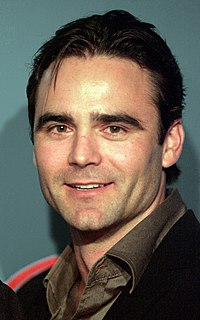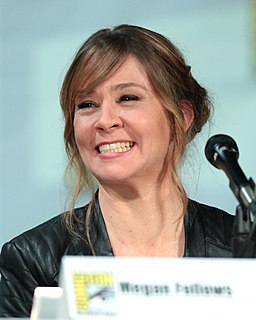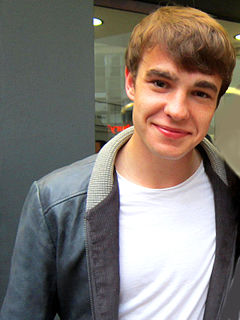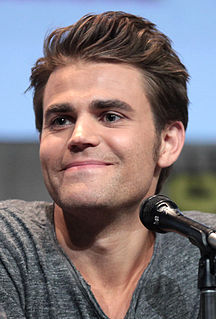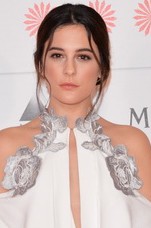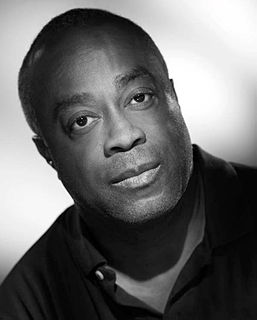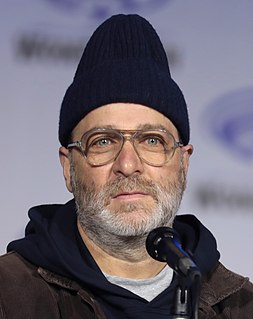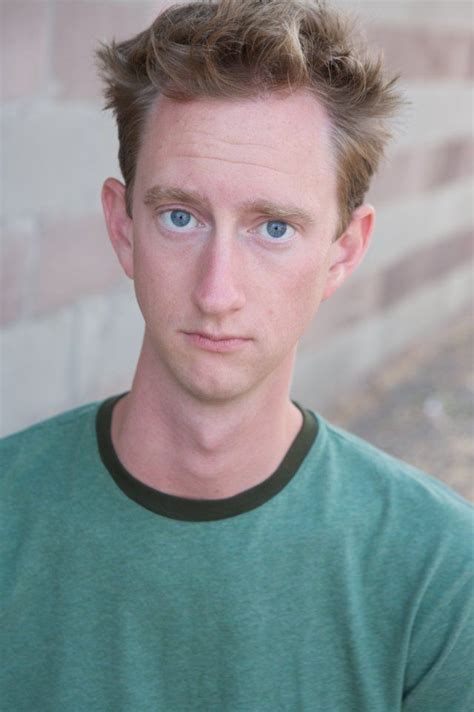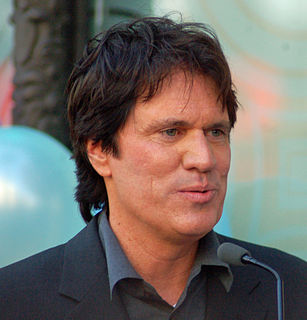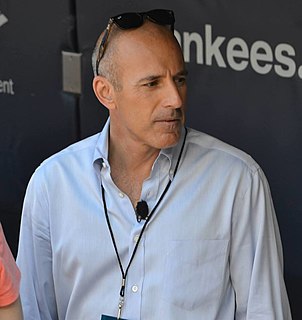A Quote by Dustin Clare
McLeod's Daughters was my first regular job out of drama school, and my first full-time role. That was great because I learned a lot, in terms of working in front of the camera. I learned a lot of technical aspects that you take for granted once you know them, but you have to learn them somewhere, along the way. It was a bit of a training ground for me, working in front of the camera and also dealing with media.
Related Quotes
The camera course was a bit crap. But when I was in drama school, I wasn't interested. I wanted to be a stage actress. I was not interested in learning camera craft. But then you throw yourself in the deep end when you do get a job in front of the camera because you have absolutely no idea what you're doing, and it is a skill.
I'm always going to hear people make that connection and I've just accepted it. It's alright. I'm just happy that I get to do my own thing now. I learned a lot from the show [the Voice] as far as being in the TV world and being in front of the camera, which is really great because I'm not as nervous in front of the camera as I was before.
I really trust the authenticity of real people and my job is to get them to be themselves in front of the camera. Often what happens is, you'll get a newcomer in front of the camera and they'll freeze up or they imitate actors or other performances that they've admired and so they stop becoming themselves. And so my job as the director is just to always return them to what I first saw in them, which was simply an uncensored human being.
With non-professionals, there's a lot of time you have to allocate to getting what you want with them, but also you cast based on who they are, to bring out their real personalities. So it's less about working on character and more about just getting them comfortable in front of the camera to be themselves, and understanding the process.
I've been working in Hollywood for a long time now in many different aspects in front of the camera, behind the camera, and I've worked with top executives, presidents of networks. I've worked all around. I see energy and what's around these studios and a lot of these offices. You don't get the high positions in these companies if you don't take advantage of other people in some way. I've seen that around. I've seen that around the studios, whether it's producers or whoever. Egos are there. Greed.
People ask me what it was like working with Jim Carrey. Well, I never really saw too much of him. I would talk to him on the set, but I was looking at a Grinch facade. It was his voice and all, but... Jim is amazing to watch in front of the camera. I learned a lot from him. He was also always very nice and generous to me.
Being in front of the camera - first of all, when I wanted to get into television, it was as a producer. I never had an idea that I would do anything in front of the camera, and that kind of happened by accident. But I wanted to be a producer or give me a job with the Yankees or play for the Knicks. I was a sports nut when I was a kid.
